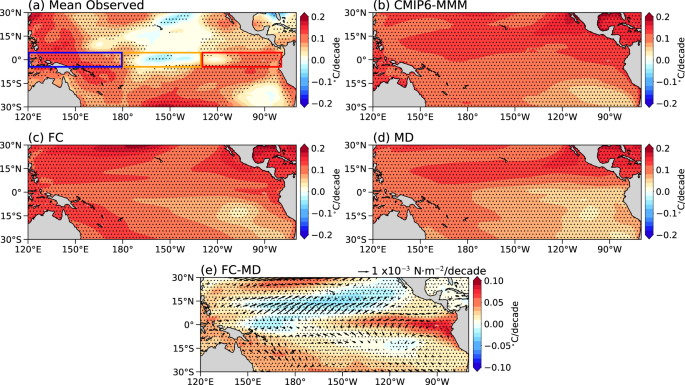2024-03-06 オークリッジ国立研究所(ORNL)
<関連情報>
- https://www.ornl.gov/news/scientists-reveal-molecular-mysteries-control-silica-scaling-water-treatment
- https://pubs.acs.org/doi/10.1021/acs.est.3c06504
シリカスケール抑制のための機能性ポリマーの分子設計 Molecular Design of Functional Polymers for Silica Scale Inhibition
Masashi Kaneda, Dengpan Dong, Yinan Chen, Xiaowei Zhang, Yazhen Xue, Vyacheslav S. Bryantsev, Menachem Elimelech, and Mingjiang Zhong
Environmental Science & Technology Published:December 27, 2023
DOI:https://doi.org/10.1021/acs.est.3c06504
Abstract

Silica polymerization, which involves the condensation reaction of silicic acid, is a fundamental process with wide-ranging implications in biological systems, material synthesis, and scale formation. The formation of a silica-based scale poses significant technological challenges to energy-efficient operations in various industrial processes, including heat exchangers and water treatment membranes. Despite the common strategy of applying functional polymers for inhibiting silica polymerization, the underlying mechanisms of inhibition remain elusive. In this study, we synthesized a series of nitrogen-containing polymers as silica inhibitors and elucidated the role of their molecular structures in stabilizing silicic acids. Polymers with both charged amine and uncharged amide groups in their backbones exhibit superior inhibition performance, retaining up to 430 ppm of reactive silica intact for 8 h under neutral pH conditions. In contrast, monomers of these amine/amide-containing polymers as well as polymers containing only amine or amide functionalities present insignificant inhibition. Molecular dynamics simulations reveal strong binding between the deprotonated silicic acid and a polymer when the amine groups in the polymer are protonated. Notably, an extended chain conformation of the polymer is crucial to prevent proximity between the interacting monomeric silica species, thereby facilitating effective silica inhibition. Furthermore, the hydrophobic nature of alkyl segments in polymer chains disrupts the hydration shell around the polymer, resulting in enhanced binding with ionized silicic acid precursors compared to monomers. Our findings provide novel mechanistic insights into the stabilization of silicic acids with functional polymers, highlighting the molecular design principles of effective inhibitors for silica polymerization.



